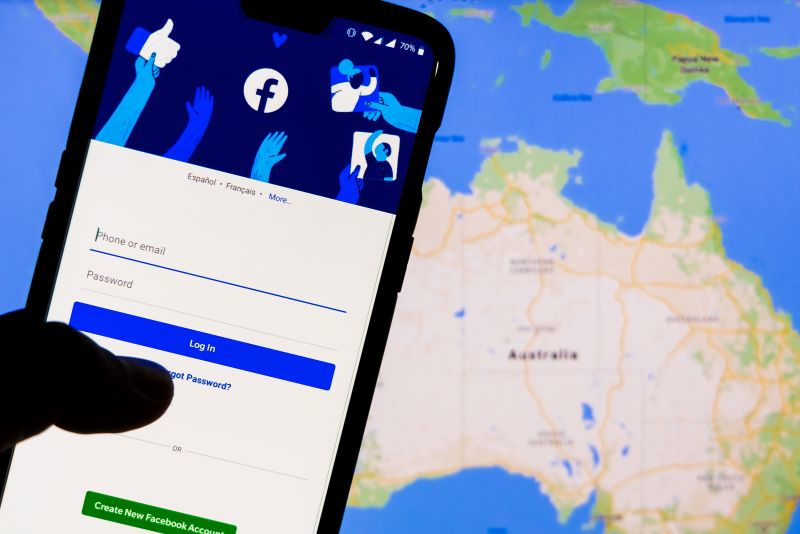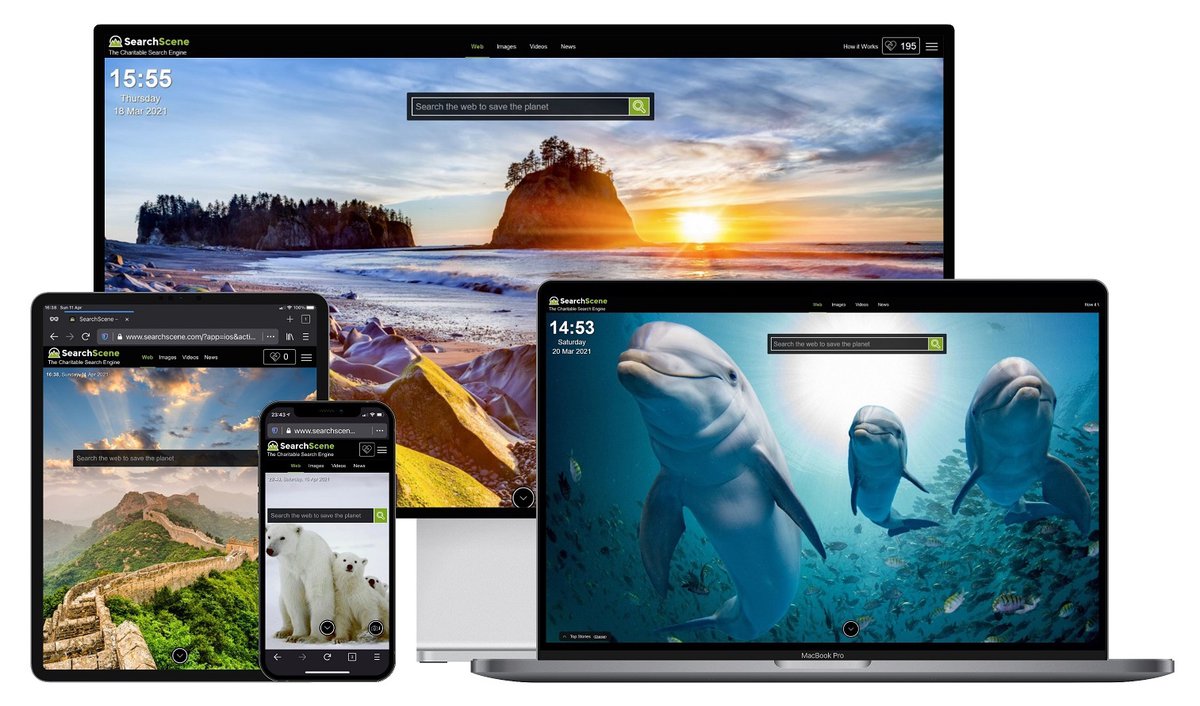Key Takeaways from Facebook’s News Ban in Australia
- Categories:
- Tech

This was a retaliation against proposed media legislation by the Australian government, which would require tech companies to pay media companies for the content they use. In this blog, we take a look at what caused the news ban, what the reaction was, and whether Facebook could do something similar in the future.
What led to the news ban?
There have been growing calls to more closely regulate tech companies such as Facebook and Google in recent years, and paying news publishers for their content has been part of addressing the issues in several countries.
The argument is that, while traditional news publishers are struggling to survive in the digital age and are no longer seeing much revenue through advertising, Facebook and Google are benefiting hugely from online advertising spend. The BBC reports that, of every A$100 (£56; $77) spent on digital advertising in Australian media these days, A$81 goes to Google and Facebook.
Cutting off access to vital information to an entire country in the dead of the night is unconscionable.
Since snippets of content from these publishers are shown on news aggregators and regularly shared on Google and Facebook, which arguably benefits their platforms, the proposed legislation would require tech companies to pay media companies for sharing their content.
However, both Facebook and Google have argued that the proposed code misunderstands how the internet works and that the solution proposed by the Australian government is untenable, at least in its original form.
Which stories and articles were affected?
The pages from all local and global news sites were no longer available to users on Facebook. Furthermore, a rather loose definition of ‘news’ meant that a lot of important information was blocked for Facebook users in Australia, including that shared by government organisations, the police, health services, charities and more.
Facebook stated that these publishers had been ‘inadvertently impacted’ which just goes to show the potentially damaging repercussions of such a drastic blanket ban!
What were the reactions?
Understandably, this action sparked an immediate backlash and many people were angry with the measures Facebook took.
Since the blanket ban prevented important updates from key government agencies, police and emergency services, and health departments, many people were unable to access important information about the Covid-19 pandemic and other disaster situations, where Facebook would usually be the place they went to for key information.
It’s important that we don’t rely solely on big tech companies like Facebook and Google because they are willing to go to great lengths to hold onto their power, at the expense of their users.
People also highlighted how they lost access to trusted news sources, while less authoritative news sources and those promoting misinformation or “fake news” continued to be shared. This further contributed to the existence of so-called “echo chambers” where extremist propaganda could circulate more freely without being balanced by factual reporting.
As reported in the BBC, the Australia director at Human Rights Watch, Elaine Pearson, said Facebook was censoring the flow of information in the country and called it a “dangerous turn of events”. She continued, “Cutting off access to vital information to an entire country in the dead of the night is unconscionable”.
Could this happen again in the future?
Ultimately, Facebook reversed the ban and has since struck a deal with the Australian government which meant that they made several amendments to the media code.
However, while an agreement has now been reached, this frankly dramatic incident shows just how strongly Facebook is prepared to react to any government legislation and attempts to regulate their domination in the digital space. Users realised that Facebook can turn off their services at the switch of a button, and might well be tempted to now look elsewhere for certain features that Facebook provides!
It’s important that we don’t rely solely on big tech companies like Facebook and Google because they are willing to go to great lengths to hold onto their power, at the expense of their users. We believe it would be better to support news publishers directly or perhaps look to smaller online platforms that can also act as news aggregators.
At SearchScene, for example, we have a news hub which aggregates stories from various national news sources by category. Unlike Facebook, these are all reputable publications, so the chance of fake news and being placed in an echo chamber that only conforms to your beliefs is minimised.
You can also use SearchScene as your primary search engine, as we donate 95% of our profits to the charities selected by our users. Our news bar can be accessed along the bottom of our homepage.










